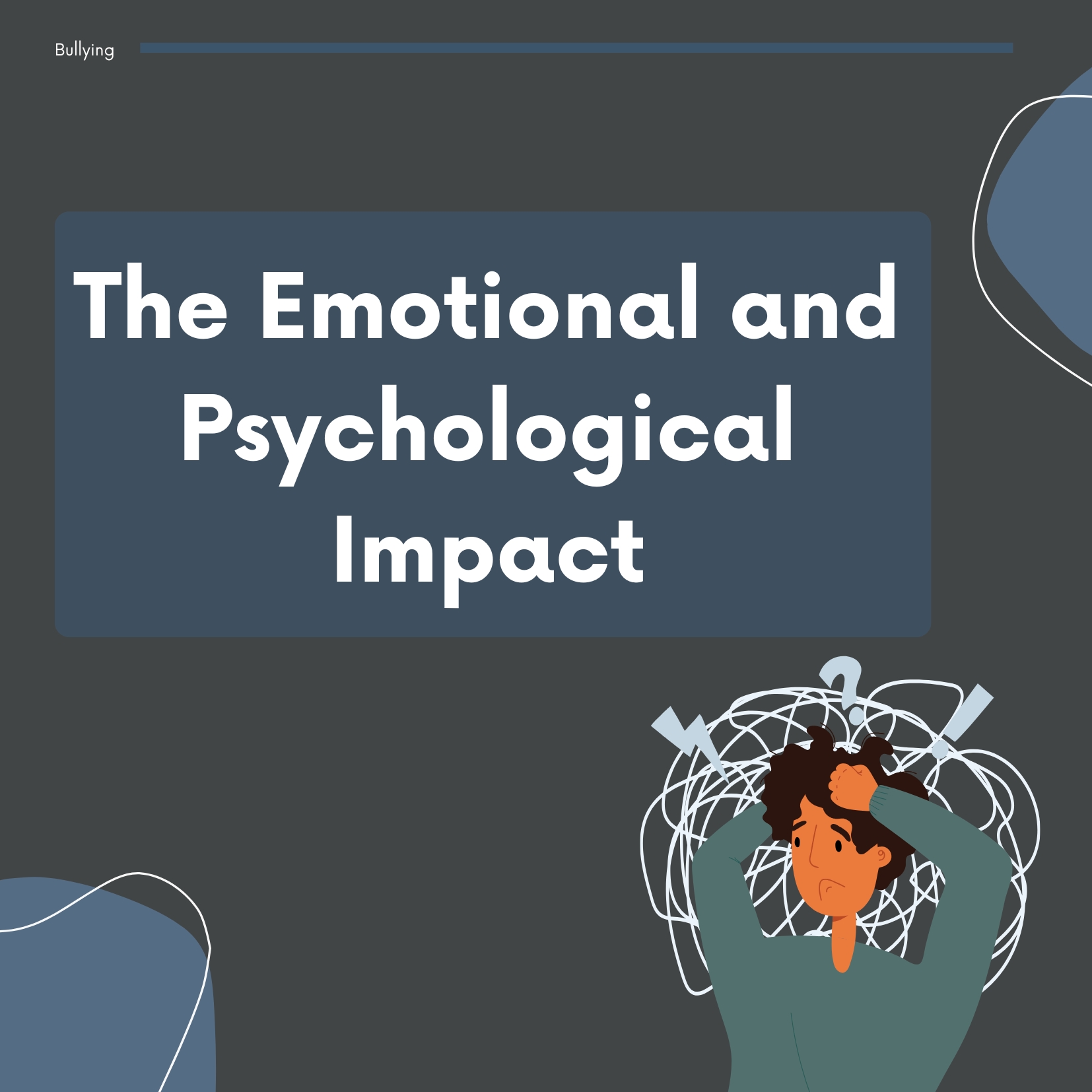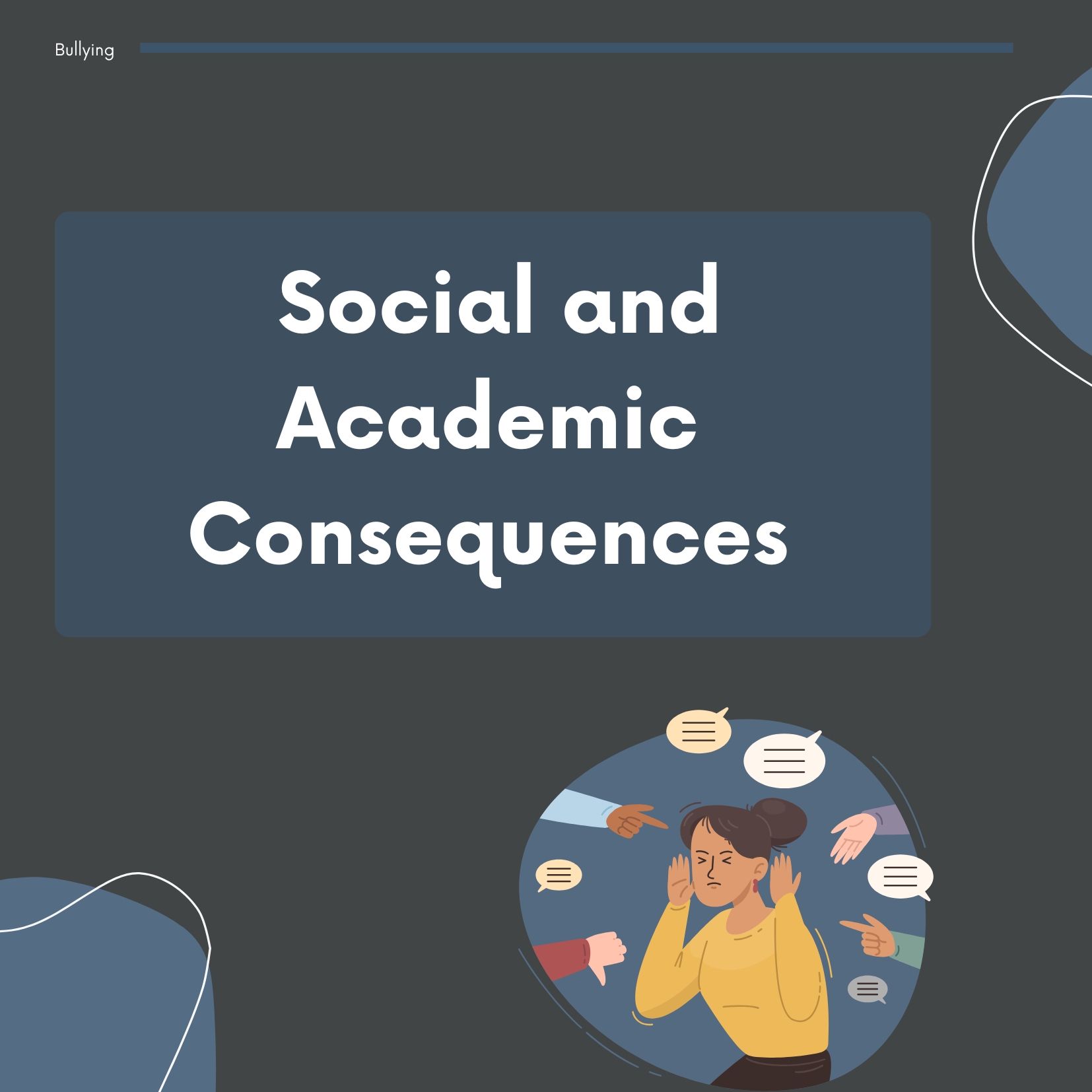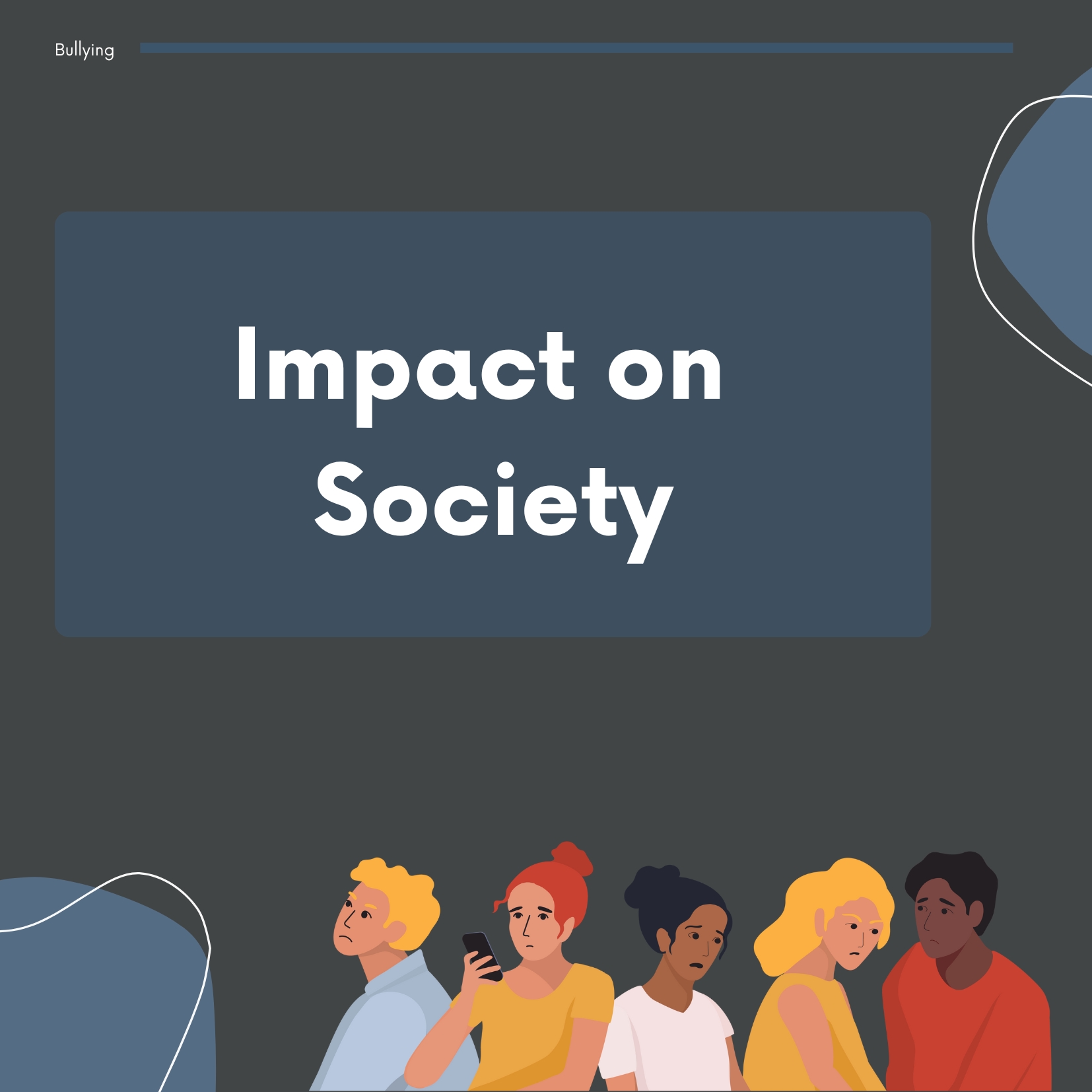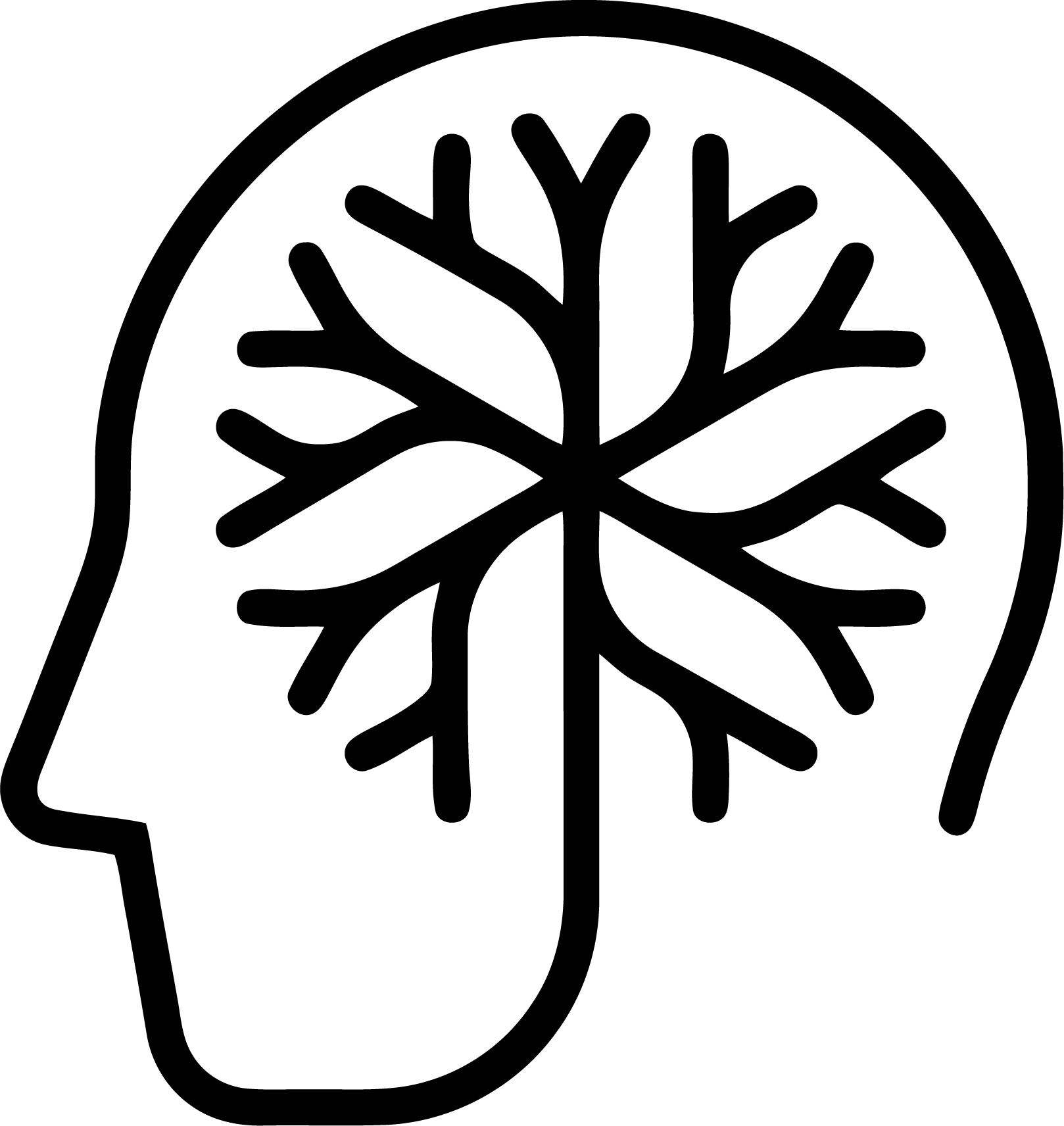How can we create safe learning and social environments?
Tackling bullying, abuse, and discrimination in our everyday lives is crucial for creating a society that values respect, empathy, and inclusion. These harmful behaviours can be deeply ingrained in social, cultural, and institutional structures, but there are practical steps we can take as individuals to challenge and combat them. Whether in our schools, online spaces, or communities, every person has the power to make a difference.
Hopefully some of the ideas from the poster you created in the previous section fit with these common effective ways to address these issues in our daily lives.
- Fostering Empathy and Awareness
The first step to combat bullying, abuse, and discrimination is to cultivate empathy and understanding. It may sound simple, but in practice it is more difficult as it involves creating and maintaining positive cultures and ethos which disarm bullying or other harmful behaviours. Many harmful behaviours stem from a lack of awareness or misunderstanding of others’ experiences. Taking the time to listen, learn, and understand people from diverse backgrounds can help dismantle prejudice. Engaging with different perspectives—whether through conversations, books, documentaries, or attending cultural events—broadens our view of the world and fosters empathy. In particular, educating ourselves about the experiences of marginalised groups and the impact of bullying can lead to more compassionate and respectful behaviour.
For instance, in schools and workplaces, we can encourage diversity training and discussions on inclusion. This helps create an environment where differences are appreciated rather than stigmatised. By raising awareness about how our words and actions affect others, we can reduce ignorance and foster a culture of kindness.
- Speaking Up Against Injustice
One of the most effective ways to combat bullying, abuse, and discrimination is to speak up when we see it happening. This can be challenging, as it requires courage and conviction, but silence can often be interpreted as acceptance or approval of harmful behaviour. Whether it’s intervening when we witness bullying, calling out discriminatory comments, or reporting abusive behaviour, taking action can make a significant difference.
For example, if someone at school is being teased or bullied, stepping in as a bystander to support the victim and challenge the bully can stop the behaviour from escalating. In the workplace, addressing discriminatory practices or language with supervisors or human resources can help create a more inclusive environment. Online, we can report abusive comments and block or unfollow accounts that promote hate speech or discrimination.
It’s important to remember that standing up to bullying or discrimination doesn’t always require confrontation. Sometimes, simply offering support to the person being targeted, whether through a kind word or a private message, can make them feel less alone and more empowered.
- Modelling Positive Behaviour
Leading by example is another powerful way to tackle bullying, abuse, and discrimination. By treating others with kindness and respect, we set a standard for how people should behave. This means practising active listening, being mindful of our language, and treating everyone with dignity regardless of their background or identity.
In our everyday interactions, we can also model inclusivity by ensuring that everyone feels welcome and valued. For instance, in group settings, we can make an effort to include quieter individuals in conversations or celebrate the achievements of those who may often be overlooked. In classrooms and workplaces, fostering collaboration over competition can reduce the likelihood of exclusionary behaviours and bullying.
- Promoting Safe Spaces
Creating safe, supportive environments where individuals feel comfortable expressing themselves is essential for tackling bullying and abuse. In schools, this could mean developing anti-bullying programs that provide resources and guidance for both students and teachers. In workplaces, it involves having clear policies that address discrimination and harassment, and ensuring that employees feel safe reporting incidents without fear of retaliation.
Online, promoting positive digital citizenship is crucial. This means being mindful of the content we share, avoiding engaging in or spreading toxic behaviour, and ensuring that social media platforms are spaces for constructive and respectful dialogue.
- Supporting Victims
When someone is being bullied, abused, or discriminated against, offering support can make a world of difference. Whether it’s a friend, coworker, or family member, letting them know that you believe them and are there to help is incredibly powerful. Encouraging them to seek help from appropriate resources – such as school counsellors, workplace HR departments, or helplines – can be life-changing. If they feel unsafe, help them develop a safety plan or accompany them to report incidents. Even if the problem seems distant or unrelated to us personally, offering a helping hand or showing solidarity can create ripple effects that make a community stronger and safer.
Addressing bullying, abuse, and discrimination in our everyday lives requires a combination of empathy, action, and awareness. By fostering understanding, speaking up, modelling positive behaviour, creating safe spaces, and supporting victims, we can begin to dismantle the systems that allow these harmful behaviours to persist. Each individual action may seem small, but collectively, they contribute to a culture that values respect, dignity, and inclusion for all.
Consequences and lasting impact of bullying
Bullying, abuse, and discrimination are critical societal issues that affect individuals across all demographics, with significant consequences for personal well-being, mental health, and social harmony. Understanding and addressing these issues is essential because of the profound impact they have on individuals, communities, and society at large.
Click on the dot on the people to understand more about how they’re feeling.

Bullying and abuse can leave deep emotional scars, particularly when experienced during formative years. Children and adolescents who are bullied or abused often suffer from low self-esteem, depression, anxiety, and, in some cases, even suicidal thoughts. These negative psychological effects can extend into adulthood, affecting the victim’s ability to build relationships, pursue career goals, or maintain a healthy emotional state. Victims of discrimination—whether based on race, gender, disability, sexual orientation, or other identities—face similar consequences. The experience of being treated as “less than” others can erode self-worth and perpetuate cycles of exclusion.
Beyond the immediate emotional harm, chronic exposure to bullying, abuse, or discrimination can lead to long-term health issues. Studies have shown that victims of these harmful behaviours are at greater risk for developing physical health problems such as chronic stress, headaches, and heart disease. In the case of discrimination, being repeatedly marginalised or stereotyped can lead to a phenomenon known as internalised oppression, where individuals begin to accept and believe in the negative stereotypes about themselves, further diminishing their quality of life.

Bullying, abuse, and discrimination can also disrupt education and social development. Students who are targeted by bullies often face difficulties in school. Their ability to concentrate, participate, and succeed academically may be severely hampered by the fear or anxiety associated with their negative experiences. In some cases, students might avoid school altogether to escape the torment, leading to poor attendance, lower grades, or even dropping out entirely. This impacts not only their educational development but also their future career opportunities.
Socially, bullying and discrimination isolate individuals, making it harder for them to form meaningful connections with their peers. Isolation can compound the emotional damage caused by bullying, creating a vicious cycle of loneliness, withdrawal, and further victimisation. Victims of abuse and discrimination may struggle to trust others, reinforcing a sense of alienation that prevents them from seeking help or building supportive relationships.

The consequences of bullying, abuse, and discrimination are not confined to individuals alone; they extend to society as a whole. A culture that allows or ignores these behaviours fosters division, resentment, and inequality. When bullying or discrimination is normalised, it can lead to wider societal issues such as increased violence, segregation, and systemic injustice. Addressing these issues is essential for creating a more inclusive, compassionate society where diversity is celebrated and all individuals can feel safe and valued.
The economic impact is also worth noting. Societies where bullying, abuse, and discrimination go unchecked face higher costs in terms of healthcare, legal systems, and lost productivity. Mental health services are often strained by the demand from those affected by abuse or discrimination, while the economic toll of lost potential—such as students dropping out of school or employees unable to perform due to psychological distress—can be immense.
Preventing Harm and Promoting Inclusion
By understanding and addressing these issues, individuals and institutions can prevent harm and promote positive change. Anti-bullying programs, laws protecting against discrimination, and resources for abuse survivors are critical tools for creating safe environments. But more than policies, a cultural shift is needed—one where empathy, inclusion, and respect are prioritised.
Teaching empathy, kindness, and the importance of diversity from an early age can help reduce the prevalence of bullying and discrimination. By understanding the effects of their actions, people may be less likely to engage in harmful behaviour and more likely to step in when they see others being mistreated.
These issues permeate every level of society, causing harm to individuals and communities alike. Addressing these issues is not only a moral obligation but a societal necessity to create a world where everyone can thrive free from fear, prejudice, or harm.
What is the role of empathy in overcoming bullying and understanding others?
Empathy, the ability to understand and share the feelings of others, plays a vital role in overcoming bullying and fostering positive relationships. By encouraging individuals to step into someone else’s shoes and consider their emotions, empathy can significantly reduce bullying and promote a more compassionate environment. Here’s why empathy is so important in addressing bullying and understanding others:
1. Prevents Harmful Behaviour
When people practise empathy, they become more aware of how their actions affect others. Bullies often lack empathy, failing to realise the emotional pain they inflict on their victims. Teaching empathy can help potential bullies recognize the consequences of their behaviour and discourage them from hurting others. It promotes kindness and respect, making it less likely for harmful behaviour to occur in the first place.
2. Encourages Bystanders to Act
Empathy also motivates bystanders to intervene in bullying situations. Instead of remaining passive, an empathetic bystander is more likely to step in, support the victim, or report the incident. Understanding the distress of the person being bullied compels action, which can help stop the bullying and provide comfort to the victim.
3. Promotes Inclusion and Reduces Discrimination
Empathy helps people embrace diversity and understand those who are different from them, whether due to race, gender, disability, or other factors. When individuals feel understood and valued, the likelihood of bullying and discrimination decreases. Empathy fosters a sense of community where differences are respected rather than targeted.
4. Improves Conflict Resolution
Empathy enables individuals to resolve conflicts peacefully. Instead of reacting with anger or aggression, they are more likely to consider the feelings and perspectives of others, leading to better communication and understanding. This approach reduces the likelihood of conflicts escalating into bullying.
Empathy is essential for creating positive change and redirecting negative behaviours into positive and productive actions because it creates a culture of understanding, respect, and kindness. It shifts the focus from judgement and aggression to compassion and support, empowering both individuals and communities to address bullying effectively and build stronger, more inclusive relationships.
Task Two – Ask others for their knowledge and experiences
It is likely that every adult you know has experiences with bullying or other abusive/harmful behaviours either personally or having seen it happen or knowing someone who has been affected. Take the opportunity to talk to them about their experiences, and the knowledge and learning they took away from them. Make notes and see if you can find three common strands of information. Now consider if these link to what has already been discussed in this module.
Now it is time to consolidate what you have learned and ensure you know the key knowledge and concepts around this topic, use the button below to access part 2 of this module:
